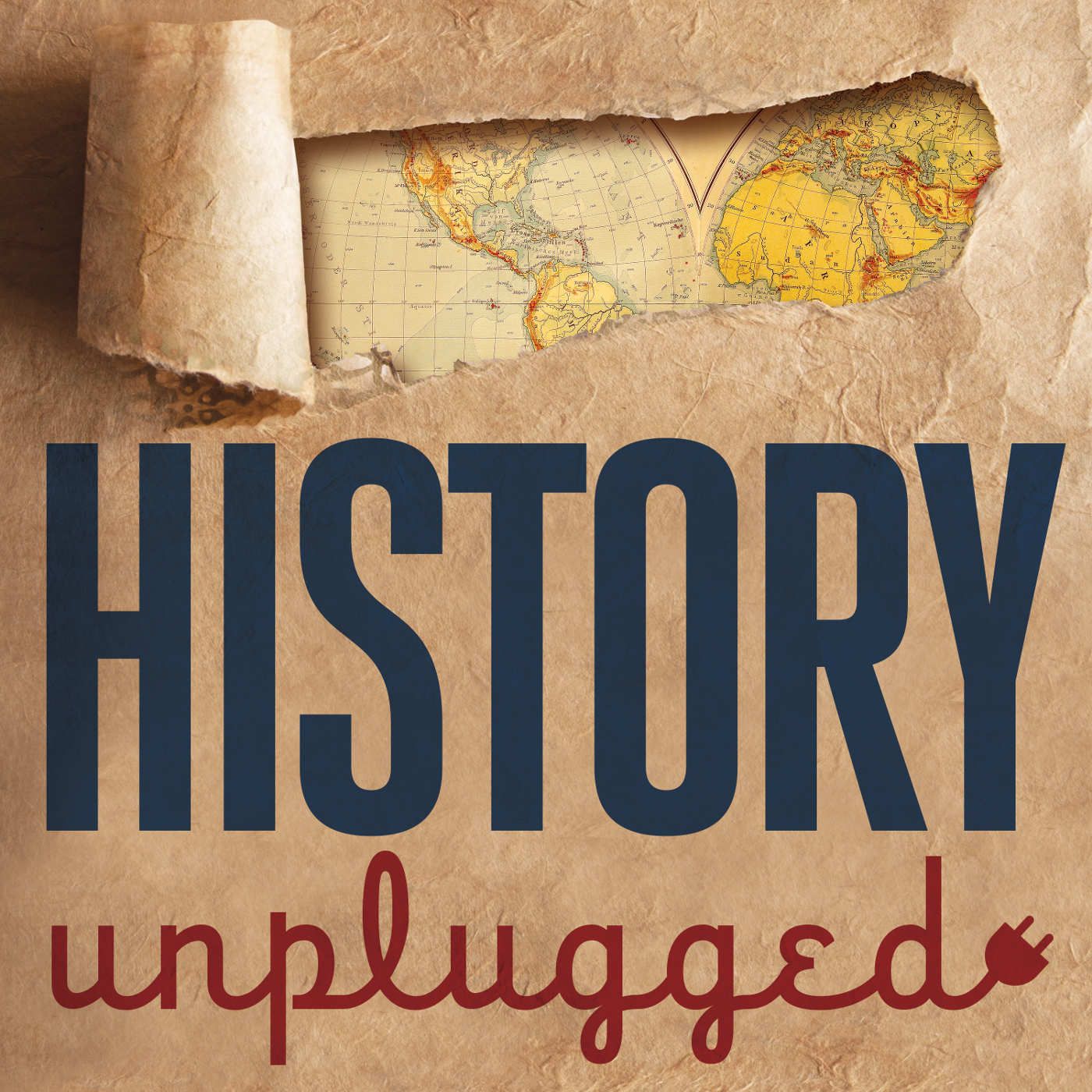- History
- SEE MORE
- classical
- general
- talk
- News
- Family
- Bürgerfunk
- pop
- Islam
- soul
- jazz
- Comedy
- humor
- wissenschaft
- opera
- baroque
- gesellschaft
- theater
- Local
- alternative
- electro
- rock
- rap
- lifestyle
- Music
- como
- RNE
- ballads
- greek
- Buddhism
- deportes
- christian
- Technology
- piano
- djs
- Dance
- dutch
- flamenco
- social
- hope
- christian rock
- academia
- afrique
- Business
- musique
- ελληνική-μουσική
- religion
- World radio
- Zarzuela
- travel
- World
- NFL
- media
- Art
- public
- Sports
- Gospel
- st.
- baptist
- Leisure
- Kids & Family
- musical
- club
- Culture
- Health & Fitness
- True Crime
- Fiction
- children
- Society & Culture
- TV & Film
- gold
- kunst
- música
- gay
- Natural
- a
- francais
- bach
- economics
- kultur
- evangelical
- tech
- Opinion
- Government
- gaming
- College
- technik
- Jesus
- Health
- movies
- radio
- services
- Church
- podcast
- Education
- international
- Transportation
- Other
- kids
- podcasts
- philadelphia
- Noticias
- love
- sport
- Salud
- film
- and
- 4chan
- Disco
- Stories
- fashion
- Arts
- interviews
- hardstyle
- entertainment
- humour
- medieval
- literature
- alma
- Cultura
- video
- TV
- Science
- en
How the Monroe Doctrine Led to America Occupying Cuba, Panama, Hawaii, and Haiti

b'Following the Napoleonic Wars, a tidal wave of independence movements hit the Western Hemisphere. The United States was afraid that expansionist powers\\u2014namely Britain, France, Germany, and Japan\\u2014might extend their empires into these regions, threatening the growth of fledgling republics in the Americas. This kicked off a century of American launching well-intentioned but bloody imperialism in Latin America, the Caribbean, and the Pacific, with the annexation of Hawaii, the Spanish-American War, and military occupations of Cuba, Haiti, Panama, and other countries as a firewall against European expansion.
Only after making these preemptive incursions to restore order and support democracy in its \\u201cmortal combat\\u201d against imperialism, as Secretary of State William Jennings Bryan put it, did the U.S. get bogged down in interventionist quagmires.
Today\\u2019s guest is Sean Mirski, author of \\u201cWe May Dominate the World: Anxiety, and the Rise of the American Colossus.\\u201d Mirski examines a lost chapter of American foreign policy, the century following the Civil War in which the United States carved out a sphere of influence and became the only great power in modern history to achieve regional hegemony.
By understanding what drove the United States\\u2019 behavior, it offers a window into the trajectory that other regional powers\\u2014including China, Russia, and Iran\\u2014may take in the coming decades.'